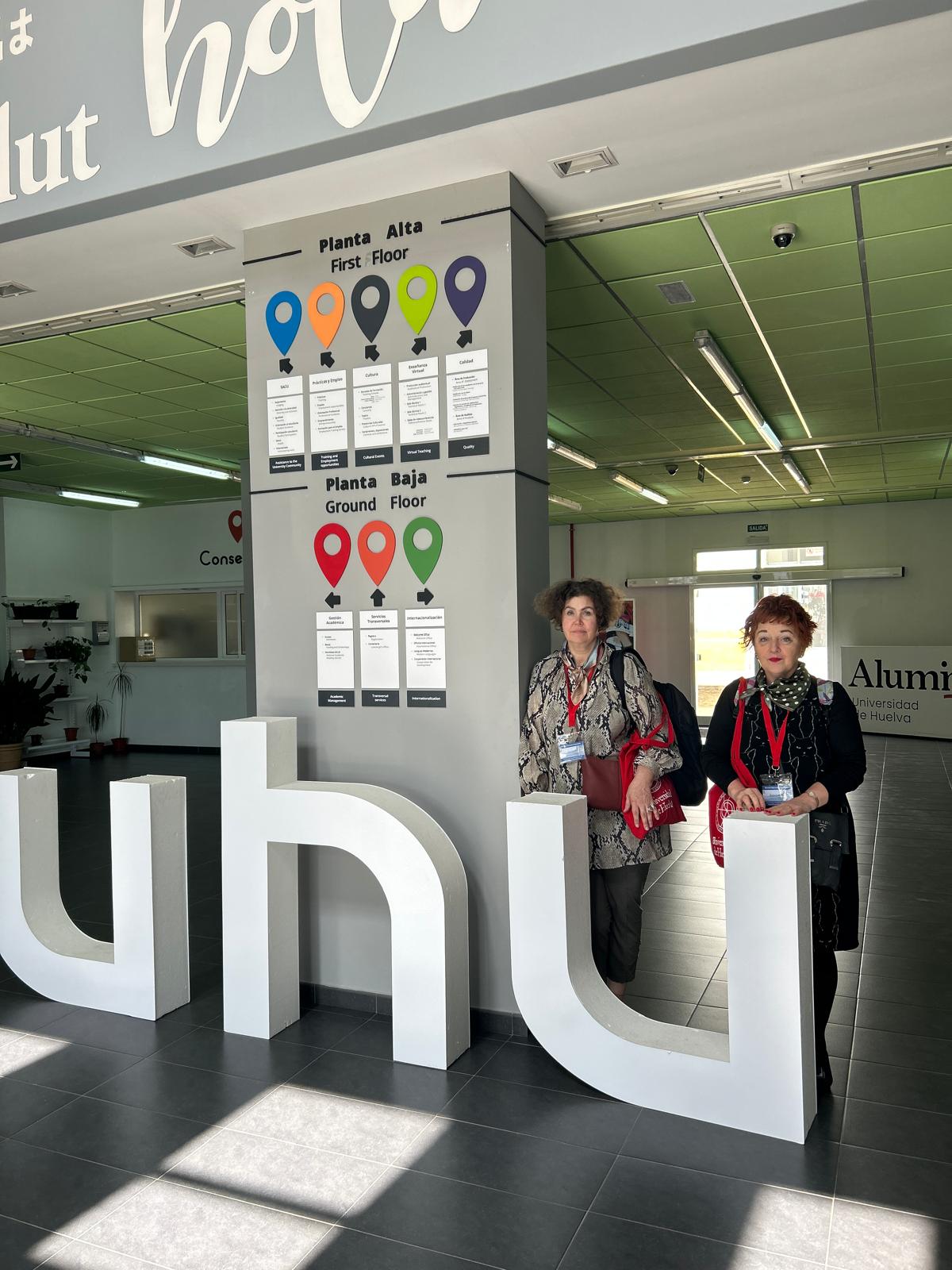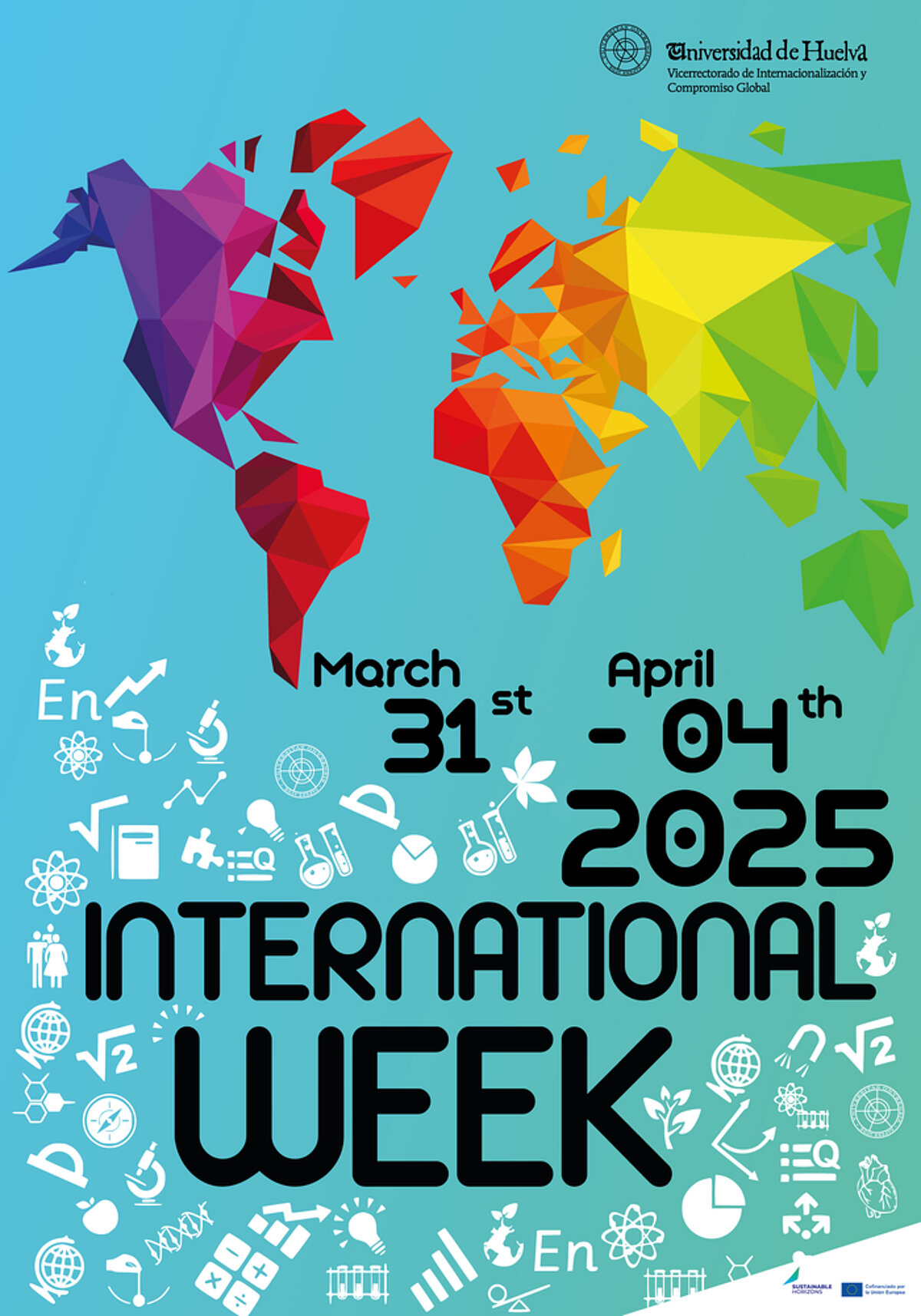
During this mobility period, we actively engaged in seminars and workgroup sessions where topics such as international alliances, best practice models in student and staff mobility, and new Erasmus+ initiatives were examined. These initiatives included short-cycle mobilities, internship placements, and the utilization of platforms such as the Online Learning Agreement (OLA) and Erasmus Without Paper (EWP). We also participated in discussions focused on enhancing motivation for mobilities within the Erasmus+ framework.
In addition to the academic programme, the cultural component of our visit included a trip to El Rocio in Donana National Park. This excursion provided an excellent opportunity for socialization with colleagues from various countries, including the Philippines, South Africa, the Democratic Republic of Congo, the United States, Portugal, Finland, Estonia, and France. This diversity enriched our cross-cultural understanding and facilitated the establishment of new professional networks.
This mobility experience has been crucial for the professional development of the academic staff at the Language School of the Faculty of Humanities, University of Latvia, particularly for those teaching specialized English language courses.
Recommendations for future participants in similar mobility programmes are to prepare adequately by familiarizing themselves with the hosting institution, ensuring that all necessary documents are in order, purchasing transportation tickets, and securing accommodation in close proximity to the programme venue. It is also advisable to acquire at least an A1–A2 level proficiency in the host country's language prior to the visit and to gain an understanding of local cultural specifics (such as the tradition of the siesta), thereby demonstrating respect and genuine interest.

 CONFERENCE
CONFERENCE